BA (Hons) - Wildlife Media
Unleash your passion for wildlife and media storytelling by transforming them into impactful messages that ignite, inspire, and influence others. Explore the fascinating world of wildlife biodiversity, habitat, and behaviour, while diving into the theory and practice of film and photography.
Cumbria is renowned for its diverse landscapes and biodiversity, offering an extensive range of habitats for numerous species including otters, deer, birds and endangered species such as red squirrels and voles. As you study within a World Heritage Site, also near the English Lake District, you will get plenty of opportunities to immerse yourself in hands-on practical experiences through field trips and visits that will enhance your studies.
Our strong partnerships with notable wildlife organisations will allow you to collaborate and network with leading industry practitioners and groups, such as Cumbria Wildlife Trust, RSPB, WWT, AONB and others.
You’ll be encouraged to embrace challenges, push boundaries, and embark on a journey of self-discovery within a supportive creative environment. You’ll produce experimental films; curate captivating photography exhibitions; produce thought-provoking documentaries and take the lead planning your own expedition. You’ll develop confidence and build a versatile skill set that aligns with your interests, paving the way for a successful future career.
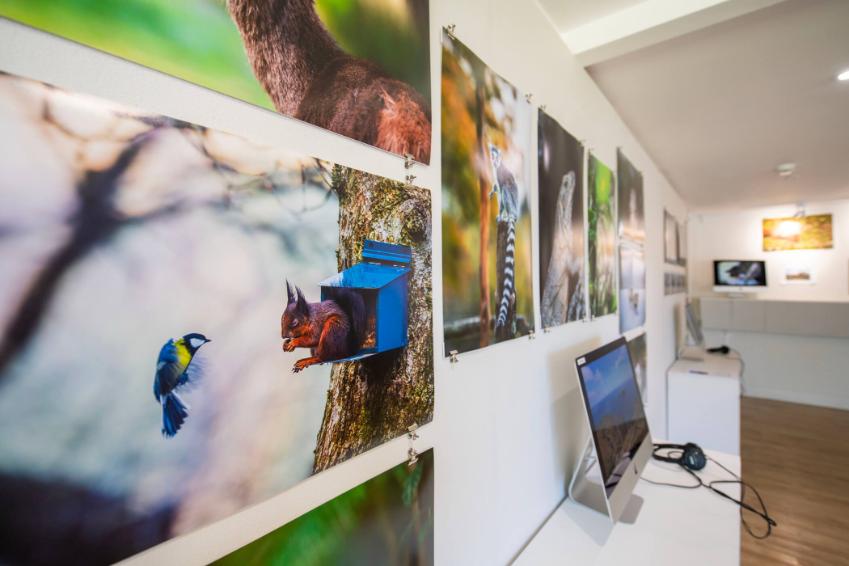
Course Overview
This course blends science and storytelling, giving you the technical expertise, fieldcraft skills, and creative vision needed to produce compelling wildlife media.
You'll develop the ability to track, observe, and document wildlife, mastering camera techniques, editing, and narrative development to craft high-quality photography and films. By combining scientific understanding with media production, you’ll be well-prepared to engage audiences and raise awareness of important environmental issues.
As you progress, you’ll have the flexibility to specialise in areas that align with your passions and career aspirations—whether that’s wildlife documentary filmmaking, conservation photography, environmental journalism, or media production.
With practical experience, industry connections, and a diverse skill set, you'll graduate ready to pursue a career in wildlife media, conservation communication, or natural history storytelling.
On this course you will...
- Explore the world beyond the classroom through field trips and project work. Learn more about a wide variety of species, habitats and behaviours in the wild.
- Master complex technical and practical skills and develop sophisticated natural history knowledge, within the supportive and vibrant context of an arts institute community.
- Work with industry professionals, with strong links to employers locally, nationally, and globally. This includes Cumbria Wildlife Trust, RSPB, WWT, SSSI’s, and AONB to name a few.
- Develop a portfolio of work to display during public showcases e.g. online gallery exhibitions and the Vallum Gallery on campus. Engage in degree shows to celebrate the progress of your work.
What Our Students Say...
-
![Nathan Greening
BA (Hons) Wildlife Media]()
Cumbria is also a great location for wildlife, and I was looking forward to exploring so many interesting places right on my doorstep.
Nathan Greening BA (Hons) Wildlife Media
-
![Lydia Hollingdale
BA (Hons) Wildlife Media]()
For my final major project, I had a lot of creative freedom.
Lydia Hollingdale BA (Hons) Wildlife Media
-
![Alexandros Leontiades
BA (Hons) Wildlife Media]()
I knew instantly that this three-year undergraduate degree would be perfect for me and lead me, one day, to becoming a professional wildlife photographer and filmmaker – my dream career.
Alexandros Leontiades BA (Hons) Wildlife Media
Example of Students' Work
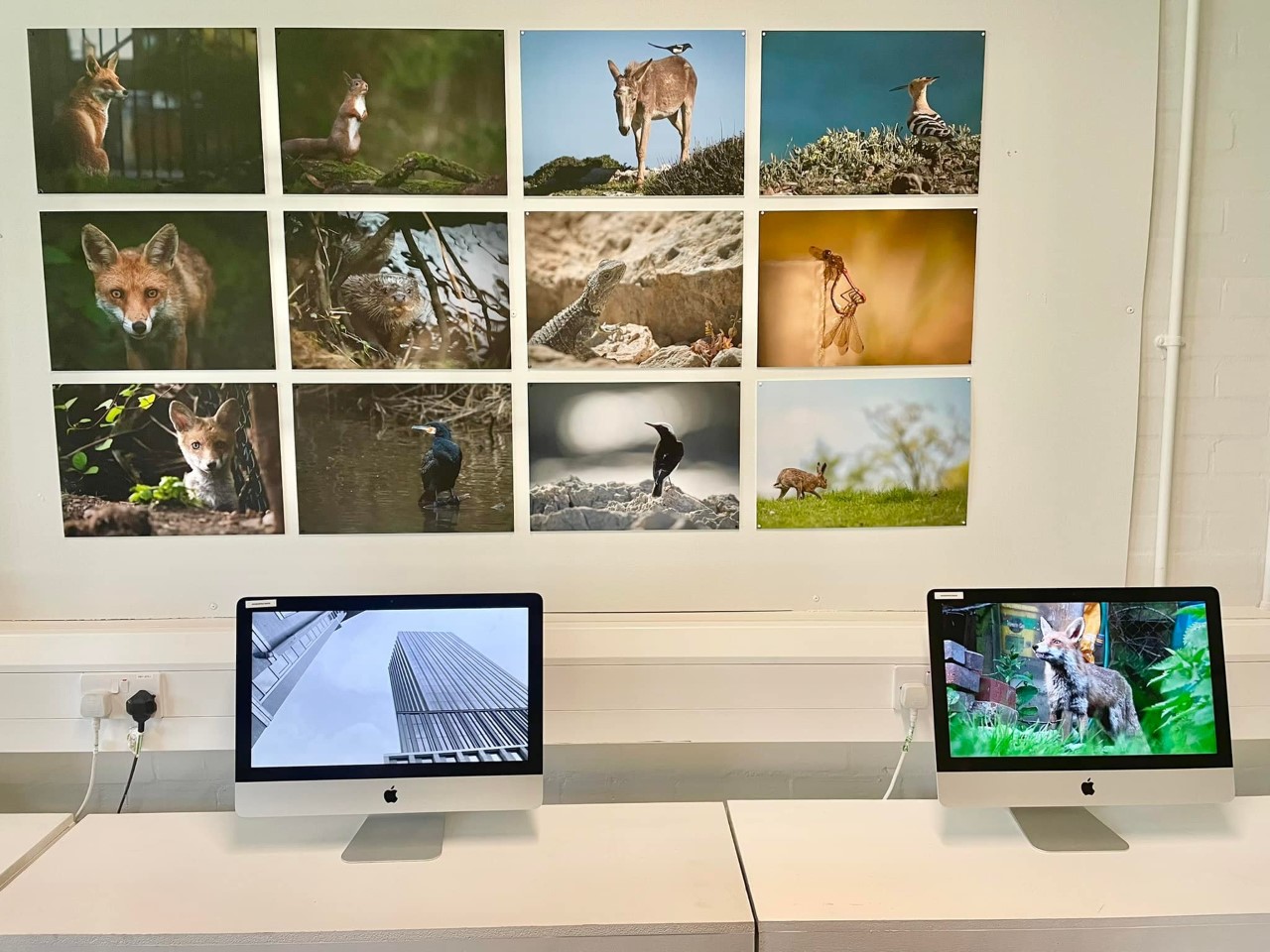
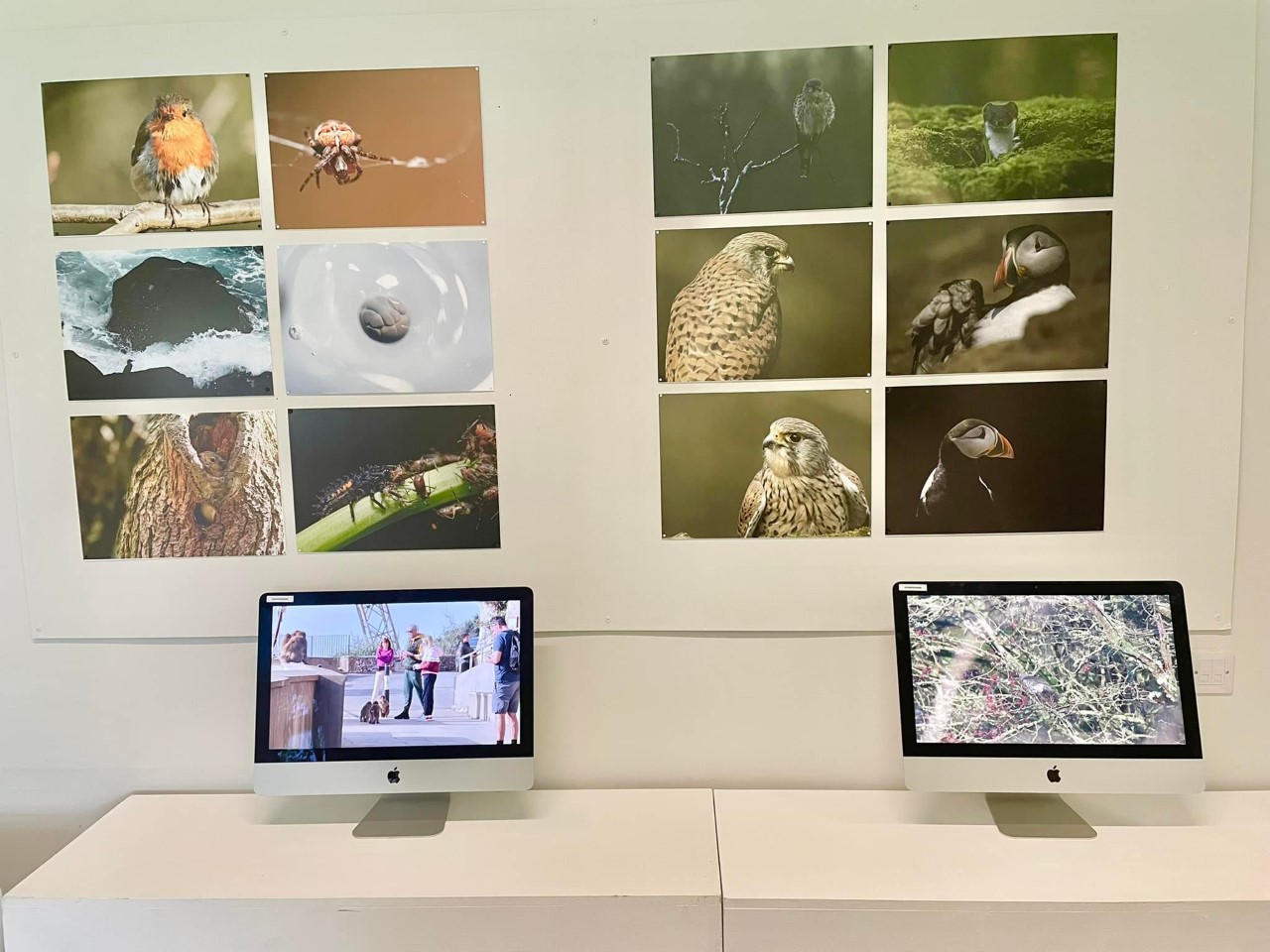
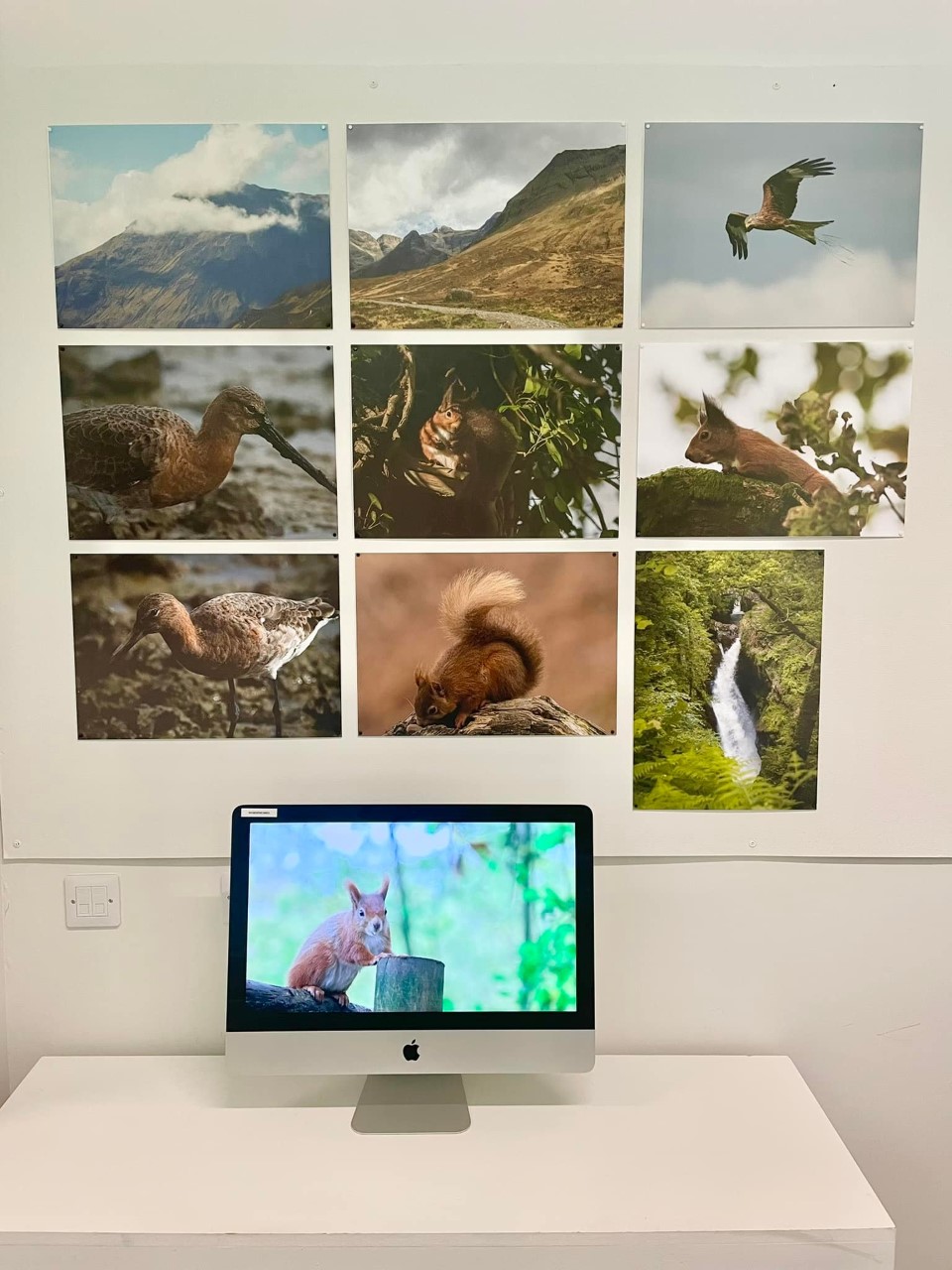
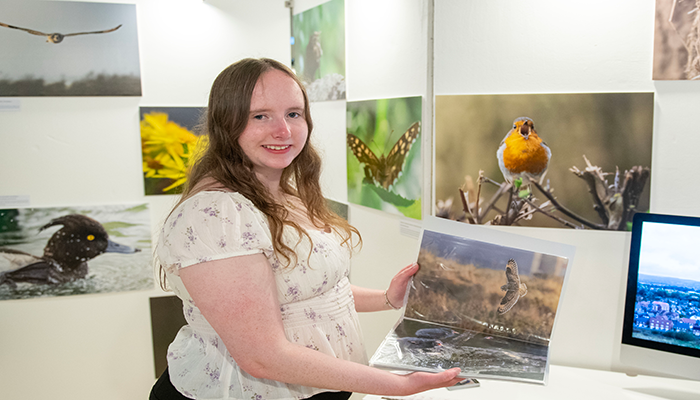
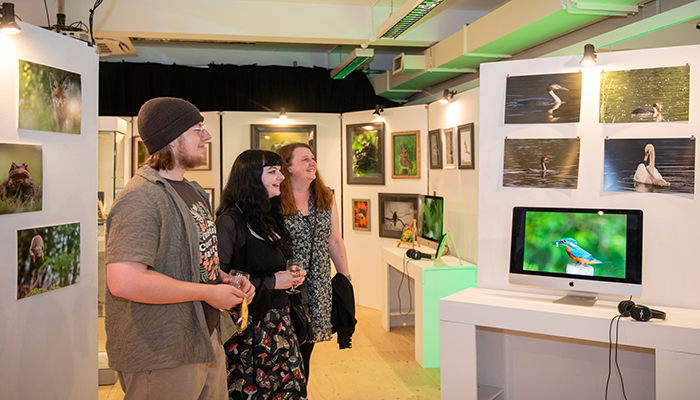
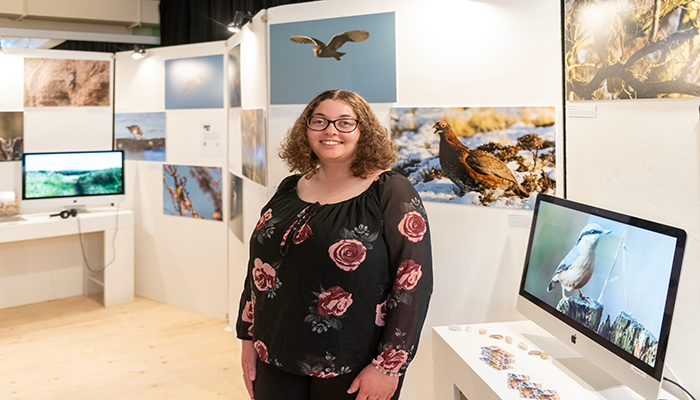
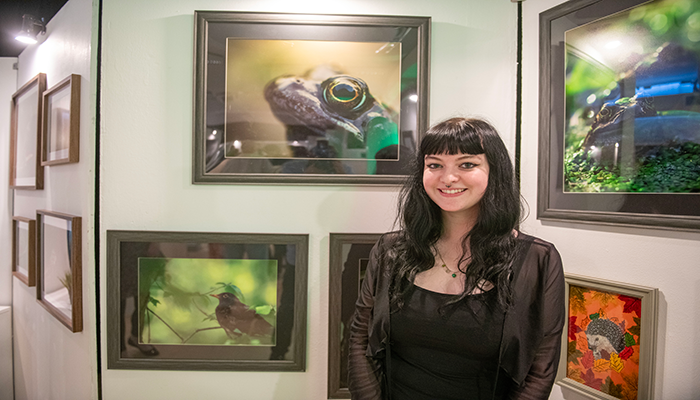
Location
Carlisle - Brampton Road Campus
Located just outside the city, right on top of Hadrian's Wall, the Brampton Road campus is full of history, buzzing with excitement, creativity, and a sense of endless possibility. The home of creators, entertainers, rule breakers, and change-markers.
Find out more
Find out more about studying with us
Attend an Open Day at Cumbria
An Open Day is your opportunity to explore one of 5 campuses, meet your lecturers, and find out how the University of Cumbria could become your new home.


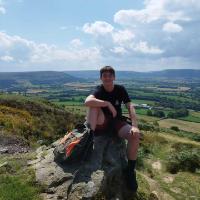
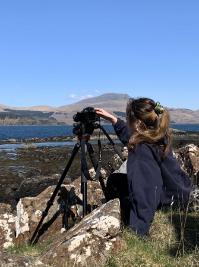
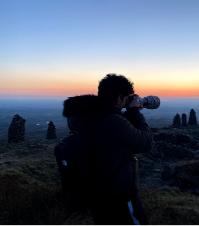
.webp)


